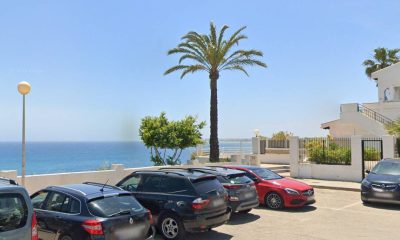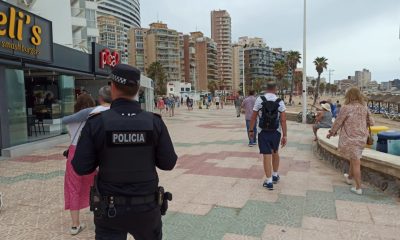Costa Blanca
Goodbye forever to the traditional butane gas bottle
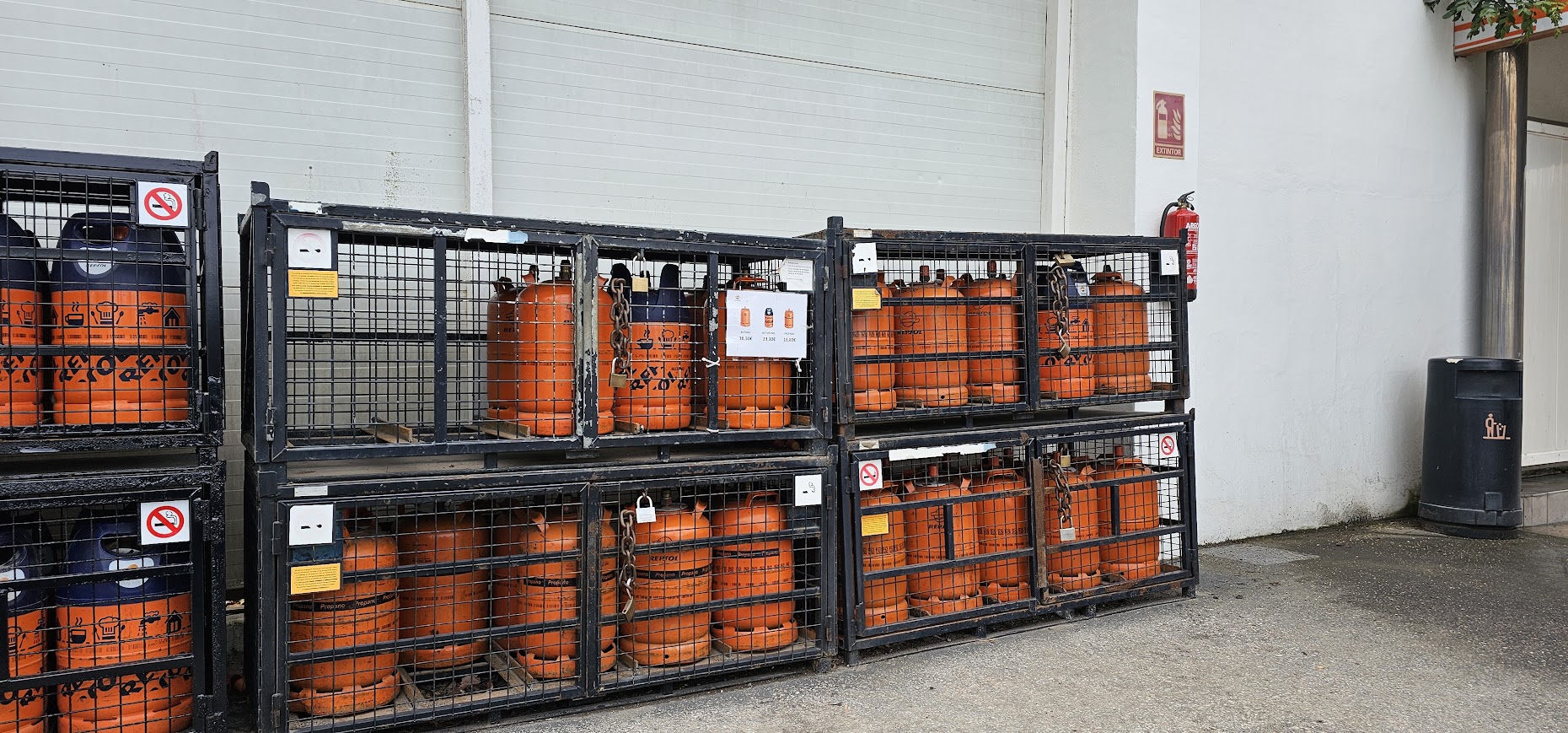
The orange butane gas cylinder has been a symbol of Spanish residences for decades. Several generations have collectively imagined its distinctive colour and shape, a fixture in kitchens, bathrooms, and terraces. Nevertheless, the manner in which we consume energy is subject to change as well. This classic appears to be on the brink of extinction in the face of technological advancements and the movement towards a more sustainable energy transition.
Repsol and Cepsa, two of the largest companies in the world, have made strides in 2025 by introducing more efficient, lightweight, and modern alternatives. These new cylinders incorporate technological advancements to improve product control and traceability. Furthermore, the expansion of alternative energy sources, including natural gas, induction charging, and heat pumps, is progressively relegating butane to a secondary position.
The new butane cylinder that is here to stay
Repsol has spearheaded the market transformation with an intriguing proposal: a butane cylinder that is lighter than the traditional cylinder, with a capacity of 12 kg and a total weight of only 17 kg, as opposed to the traditional cylinder’s 25 kg. This new version is more convenient to transport and use on a daily basis due to its use of lighter materials and high-strength steel.
Additionally, users can monitor the container’s status and consumption in greater detail thanks to its NFC chip. The retail price of this cylinder varies between €20 and €24, depending upon the point of sale, which can be found at petrol stations or online.
Cepsa has not been neglected. The company has selected a line of cylinders that are lighter and more manageable. The 12.5 kg model, which is similar in capacity to the traditional model, is sold on the open market at prices varying from €17.67 to €20.94 and has a lower total weight (18 kg).
This alternative is particularly appealing to home consumers who continue to depend on butane for cooking or heating water, as it provides a satisfactory balance of functionality and user-friendliness. Notable products designed for outdoor living and leisure are the Campingaz 901 and 902 petrol cylinders.
The conventional butane gas cylinder, despite its continued presence in millions of households, appears to have commenced its journey towards its definitive extinction. Companies such as Repsol and Cepsa’s dedication to containers that are lighter, more manageable, and more sustainable is indicative of not only a commercial necessity but also an adaptation to the evolving era. Our society is transitioning to a more environmentally benign energy model that emphasises rational and efficient resource utilisation.
Additionally, state regulation is exerting a significant influence. The government establishes prices for certain cylinders, including the regulated 12.5 kg cylinder (currently priced at €17.67), which provides some level of consumer protection. Nevertheless, the emergence of new options that make a significant difference is being driven by competition and innovation in the free market.
However, the development of butane does not exclusively determine the future. Propane gas stands out as a powerful alternative, particularly in cold regions where butane gasification poses challenges. Propane is available in regulated 11 kg containers (priced at €14.65) and larger 35 kg containers, which are intended for high-volume industrial or domestic consumption, with prices commencing at €70. These containers are designed to provide a more effective response to low temperatures.
Although we cannot definitively declare the renowned orange butane gas cylinder extinct, it is gradually disappearing from the Spanish energy landscape. More sustainable and efficient foundations, tailored to a more comfortable lifestyle, establish the future.
Alternative sources of energy
In contrast to conventional butane gas cylinders, new energy alternatives exhibit distinctions that surpass mere weight or price. The evolution of energy consumption in Spanish homes is indicative of a more profound transformation: a change in consumer mindsets, routines, and our understanding of sustainability and efficiency.
Although butane remains a pertinent energy source in numerous rural areas and second residences, it is losing ground to more contemporary alternatives. Electric induction cooktops have become the norm for cooking in newly constructed residences, particularly in urban areas. They are safe, easy to clean, and faster than traditional gas, making them attractive for both families and people who live alone or have little time to cook.
Another development that is acquiring momentum is the heat pump. This system, capable of providing heating in winter and cooling in summer, consumes less energy than traditional methods and significantly reduces CO₂ emissions. Furthermore, some models can also heat domestic water, making them a comprehensive solution for the home. In this context, the classic orange gas cylinder is starting to seem like a thing of the past.
Discover more from Costa Blanca Daily
Subscribe to get the latest posts sent to your email.
Costa Blanca
Alicante TRAM collected 2,494 lost objects in 2024
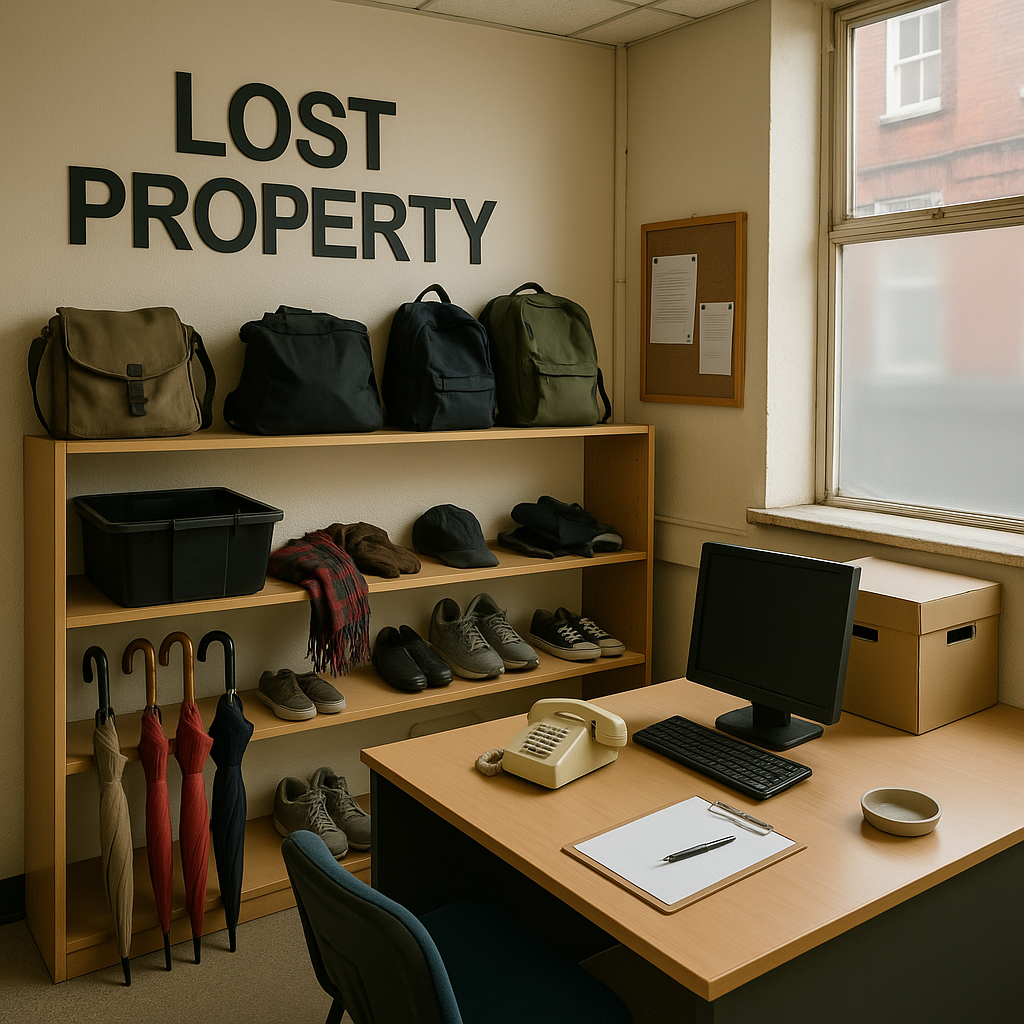
Last year, Alicante TRAM passengers lost a total of 2,494 objects, which the Valencian Railways (FGV) collected. This data suggests that passengers abandon an average of seven artefacts daily and 208 objects monthly. These objects are stored at the stations for a minimum of one month and for an additional month in the lost property storage facility at Luceros station. The Alicante Local Police then receive the items if their proprietors have not claimed them after this period.
Wallets and purses, keys, backpacks, documents (ID, passports, driving licences, health cards, etc.), mobile phones, spectacles, folders, umbrellas, and handbags are the items that are seen on trains and trams in Alicante and its metropolitan area the most frequently.
October (442), January (393), November (378), June (366), March (308), April (303), August (296), July (291), May (286), December (276), February (263), and September (199) were the months in which the most items went missing, proceeding with the division by season.
The recovery of an object by its owner while it is registered with FGV amounts to 929, or 37.25%, thanks to the protocols established by FGV for the management and safekeeping of lost objects. The remaining percentage is either handed over to the Alicante Local Police or taken to a recycling centre or green point if the objects are clearly worn or deteriorated.
The time required to retrieve an item is contingent upon the presence of any identifying information or the customer’s claim. When there’s identifying information or a customer’s claim, we often recover the item the same day it goes missing, especially if it’s valuable.
Steps to be taken
In the initial phase, lost property is dropped off and picked up at the stations served by FGV personnel before being transferred to the central office at Luceros station.
After one month, the items are collected and transported to the lost property facility at Luceros station to attempt to identify their owner, deregister them for recycling based on their condition, or deliver them to the Alicante Lost Property Office after an additional month.
They promptly hand over official documents, such as passports and ID cards, to the authorities to determine their owner, then destroy bank cards to mitigate unnecessary risks and prevent tampering. Customer service personnel conduct follow-up and minor investigations to ensure their return to the police.
Amazing objects
In addition to the previously mentioned items, there are several remarkable items that it’s hard to imagine users would overlook. These items include bicycles, scooters, suitcases, crutches, walking sticks, laptops, tablets, baby strollers, shopping carts, motorcycle helmets, portable refrigerators, toiletry bags, umbrellas, hair dryers, X-rays, prescriptions, medical reports, a construction shovel, a shower telephone, and even a toilet seat or fire extinguisher.
Discover more from Costa Blanca Daily
Subscribe to get the latest posts sent to your email.
Costa Blanca
Firefighters rescue hiker after fracturing her leg in fall in Dénia
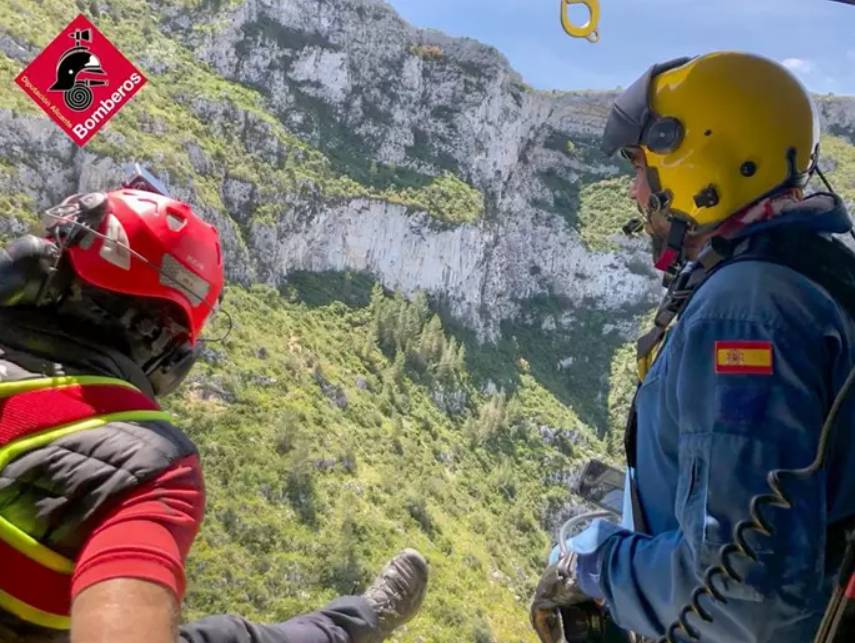
Members of the Provincial Fire Consortium rescued a 40-year-old woman on Monday, April 21st, on the climb to Cova del Aigua in Dénia after she fractured her leg in a fall while hiking.
The alert was received at around 12:48 p.m., and an Alpha 01 rescue helicopter and the Special Rescue Group (GER) were dispatched to the scene, the Consortium said in a statement.
Since the woman was at a point where the ambulance could not reach due to the terrain, the rescue helicopter was activated with the GER.
Once located, the officers disembarked from the helicopter and brought her back to San Vicente Park, where an ambulance was waiting. The operation ended at 4:04 p.m.
Discover more from Costa Blanca Daily
Subscribe to get the latest posts sent to your email.
Costa Blanca
Catral Local Police car ends up upside down after accident
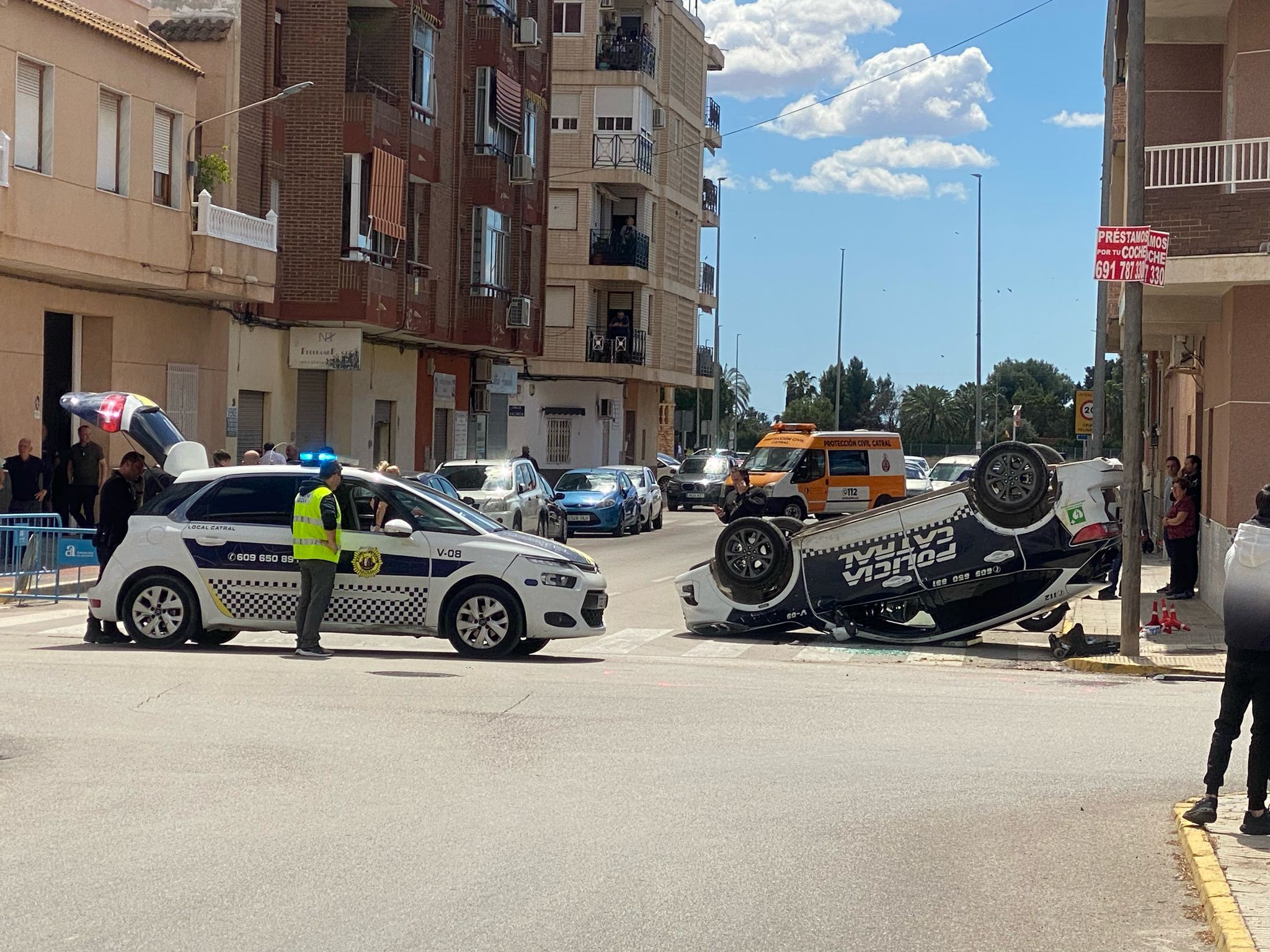
Residents of Catral, located in the Vega Baja del Segura, experienced a major incident on Monday morning. During their duties a Local Police vehicle from this municipality overturn after colliding violently with another vehicle.
The incident took place at the junction of Avenida Manuel Flores and Calle Albellón. The Catral Local Police vehicle was left upside down at this junction, while the other vehicle’s front end was obliterated.
The Catral Local Police have reported that no significant injuries were sustained in the dramatic traffic accident that occurred while the patrol car was “conducting an emergency service through the urban area.”
The “rapid response” of the medical and civil protection personnel, as well as other Local Police officers, is greatly appreciated.
The Catral Local Police also conveyed their gratitude for the “understanding” of the residents regarding the “inconvenience caused” and emphasised that the Headquarters has initiated the corresponding report to clarify the causes of the incident.
The Local Police issued a communiqué following the accident involving an overturned car on Monday, stating that the safety of both our officers and all citizens is always our top priority.
Discover more from Costa Blanca Daily
Subscribe to get the latest posts sent to your email.
-
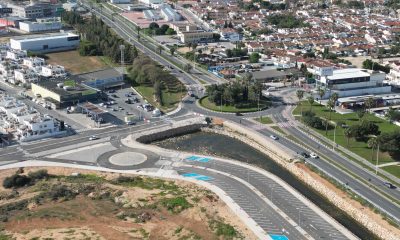
 Costa Blanca2 days ago
Costa Blanca2 days agoTorrevieja fails to comply with its commitment to open new road at La Hoya for Easter
-
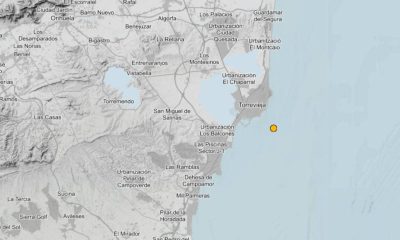
 Costa Blanca1 week ago
Costa Blanca1 week agoTorrevieja records a 2.8 magnitude earthquake
-

 Costa Blanca2 weeks ago
Costa Blanca2 weeks agoSpanish family killed in helicopter crash in New York
-
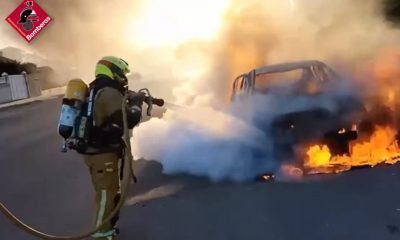
 Costa Blanca2 weeks ago
Costa Blanca2 weeks agoA car fire on the Orihuela Costa is promptly extinguished by firefighters
-
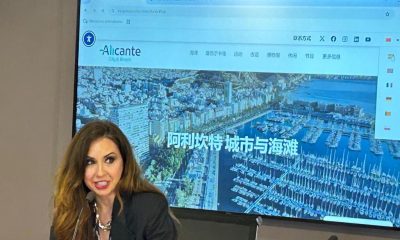
 Costa Blanca7 days ago
Costa Blanca7 days agoThe Alicante Tourist Board website now available in seven languages
-

 Costa Blanca5 days ago
Costa Blanca5 days agoArrested in Murcia for activities linked to jihadist terrorism
-

 Costa Blanca2 weeks ago
Costa Blanca2 weeks agoElche residents rescued after a fire caused by an electric scooter
-

 Costa Blanca2 weeks ago
Costa Blanca2 weeks agoSuspect held for the murder of John George extradited to a Spanish prison







